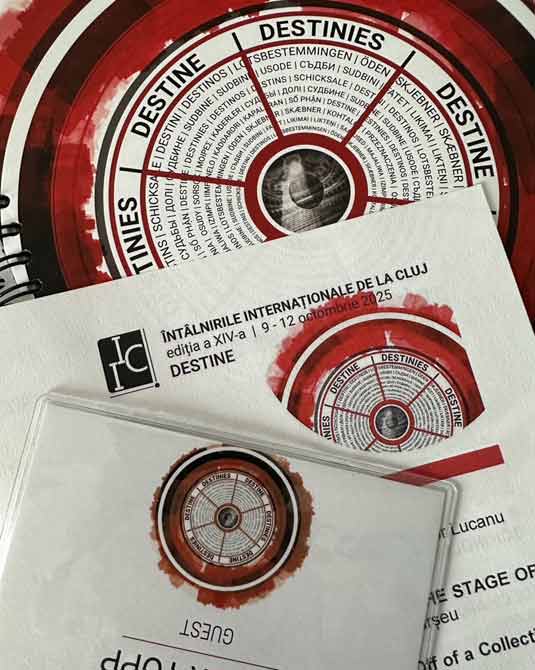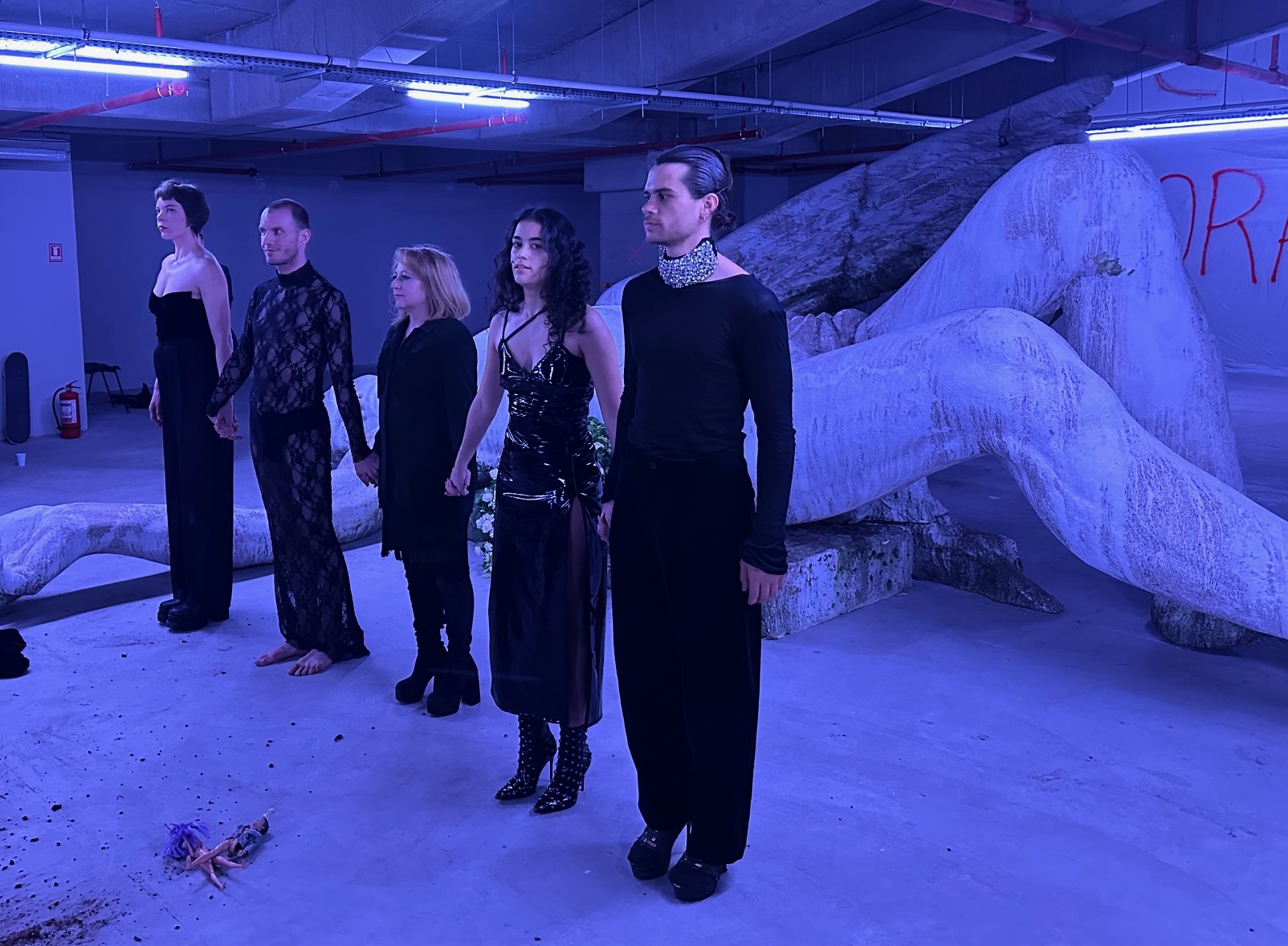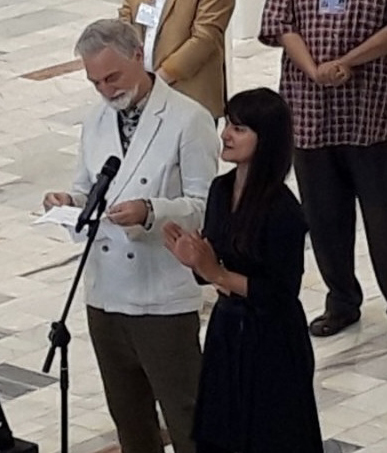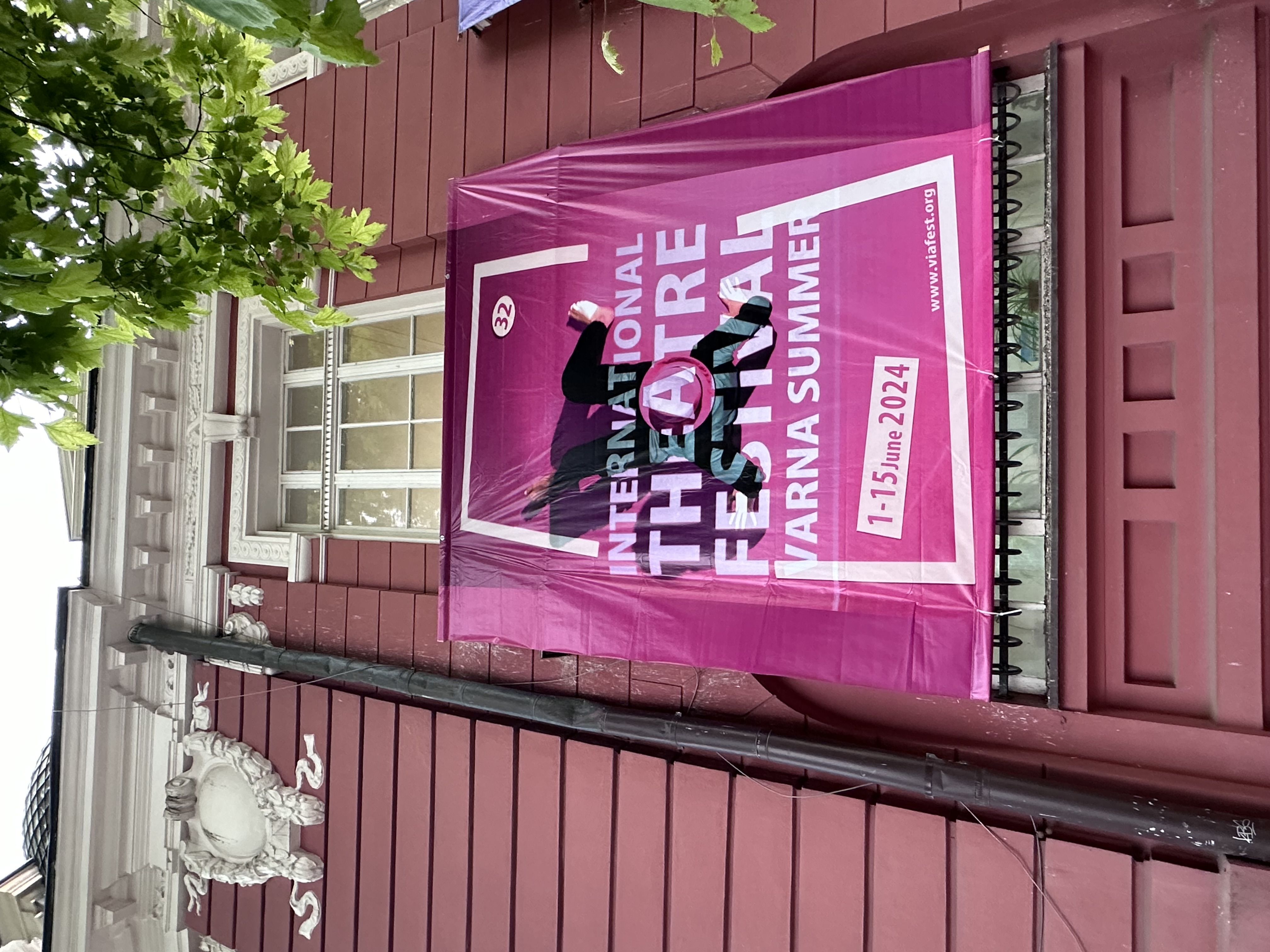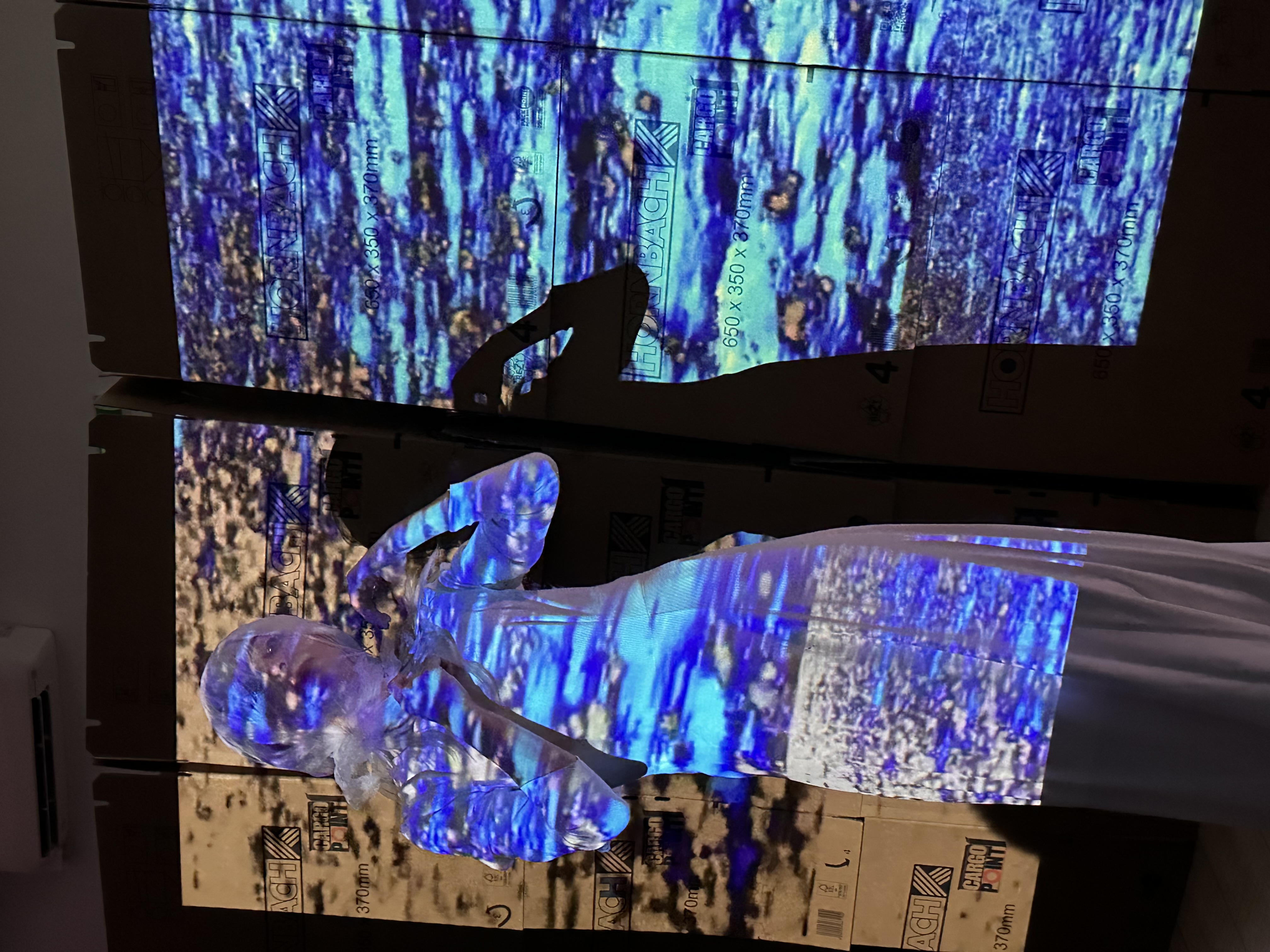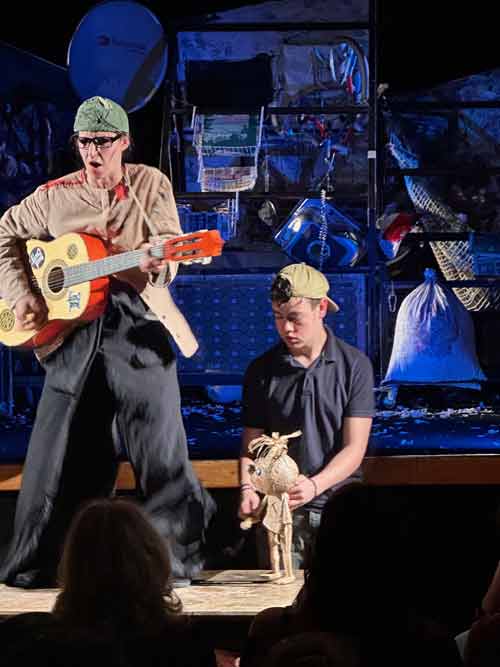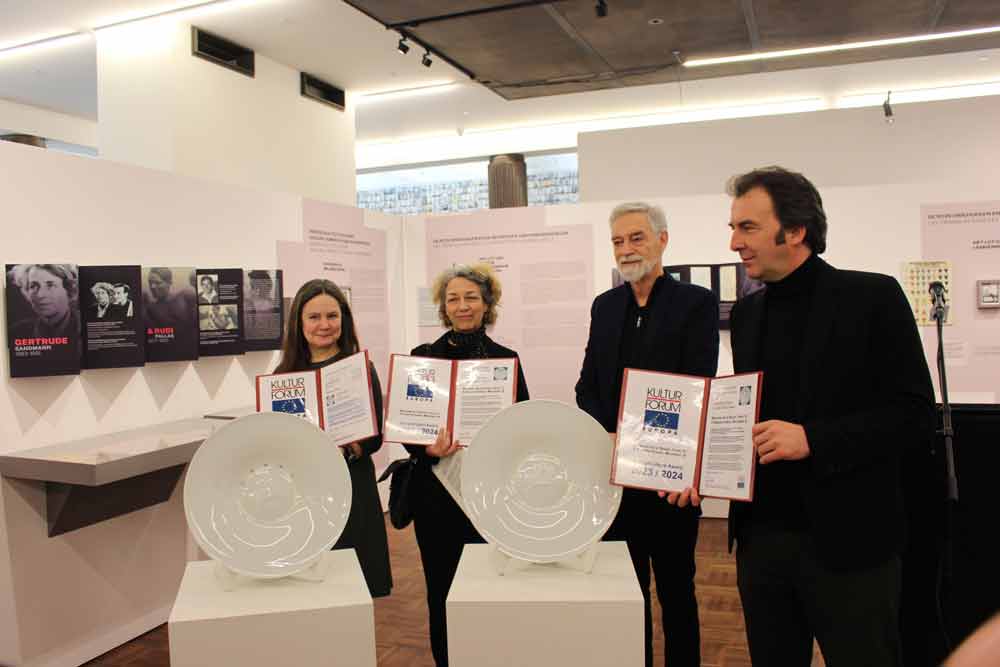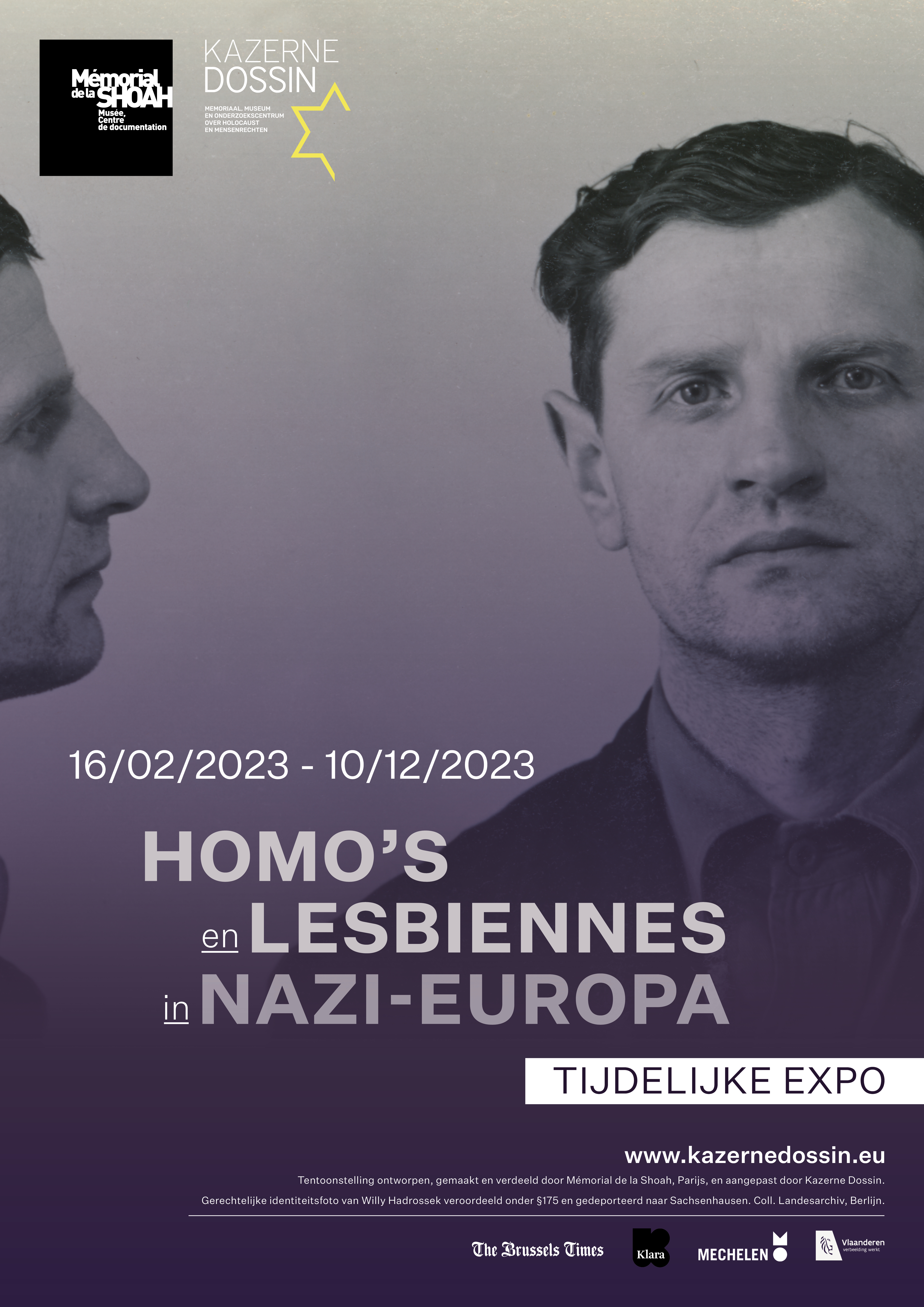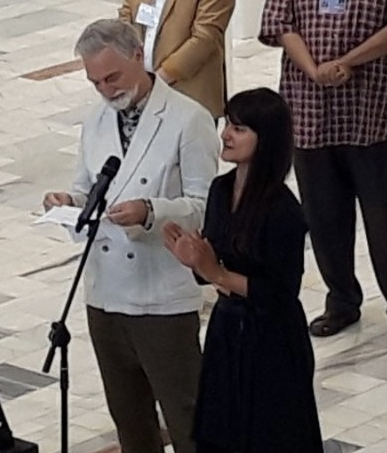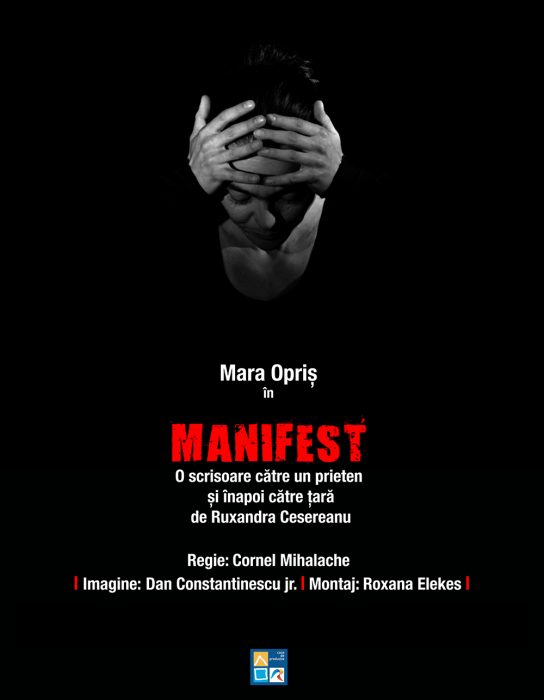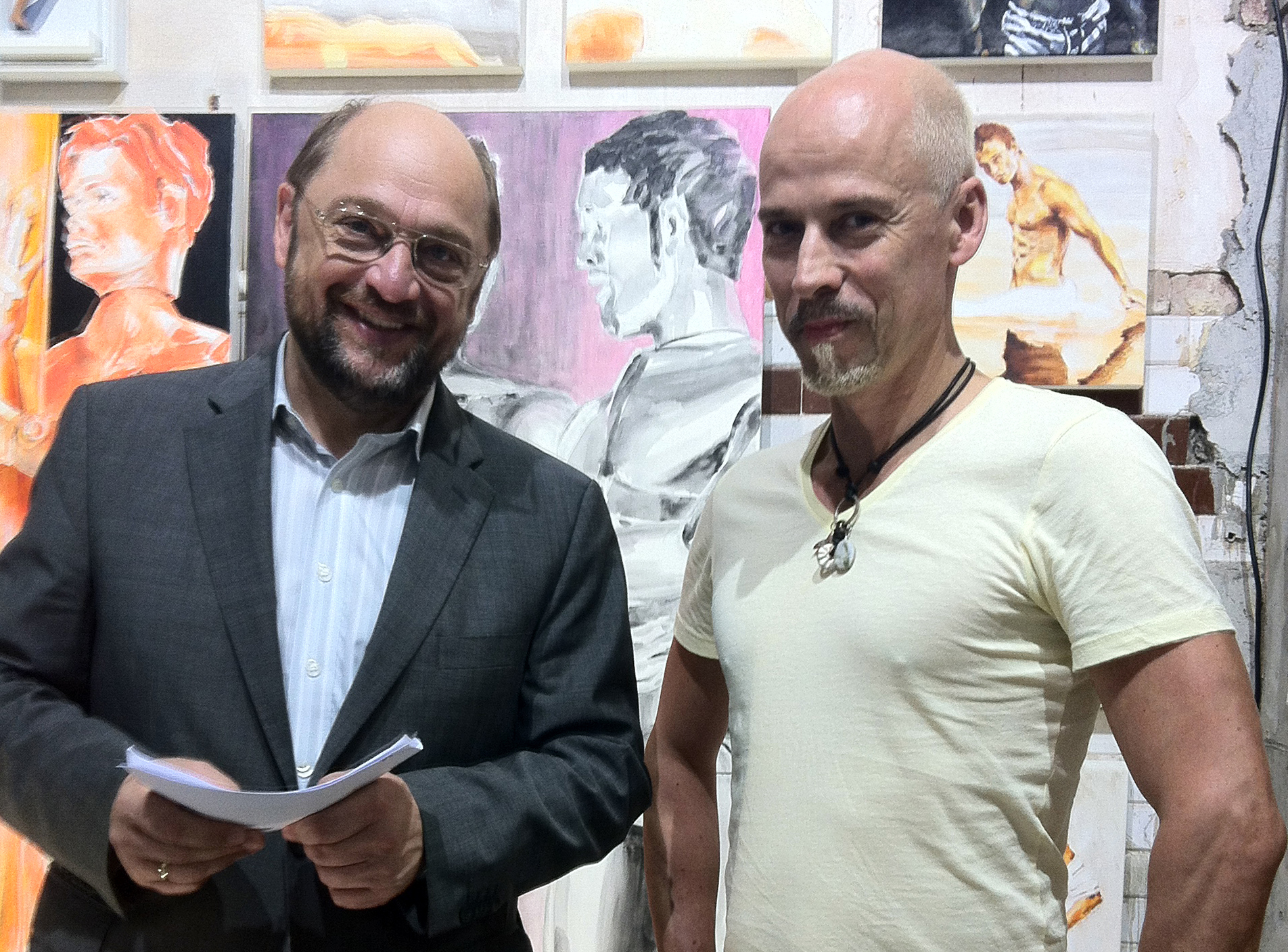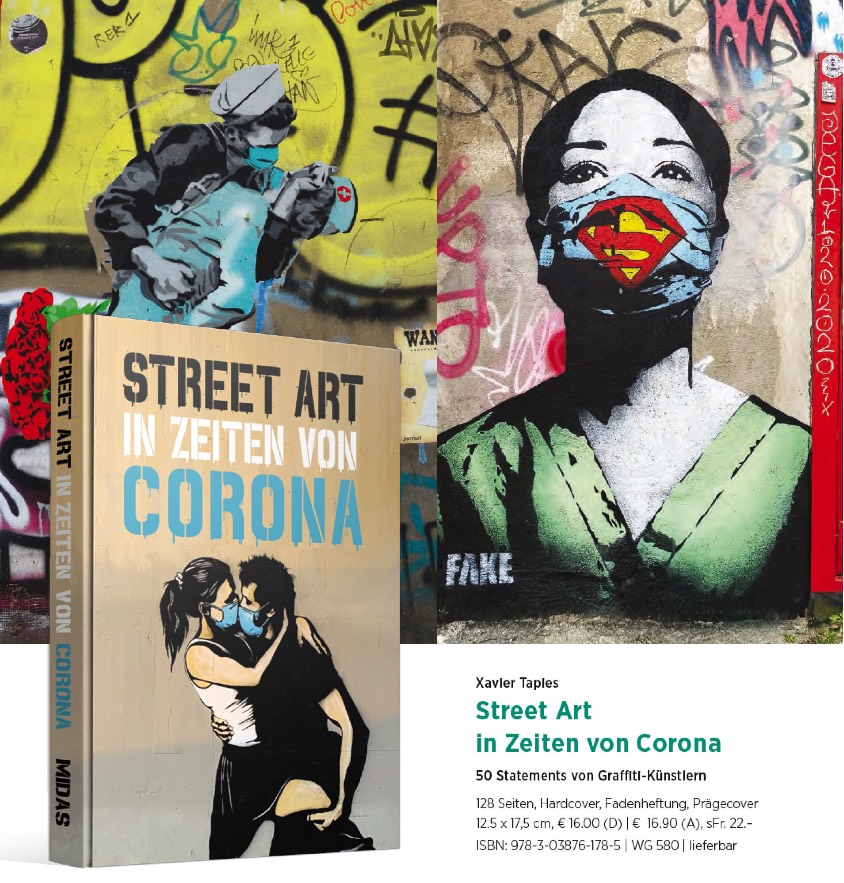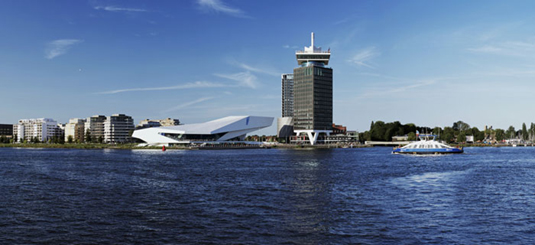German and Hungarian State Theatre in Timișoara, Romania
Joint showcase of selected performances for international theatre professionals
Timișoara, the country's third largest city in the Romanian Banat region, has four venues under the same roof in what is now the National Theatre. The theatre's chequered history would be worth a report of its own.
The Romanian National Theatre and the Opera occupy the main theatre, while the German State Theatre and the Hungarian ‘Csiky Gergely’ State Theatre share the smaller part.
For the first time, the latter two are now organising a joint showcase to arouse interest in their current productions among national and especially international theatre professionals and journalists.
This makes sense from a socio-political and especially an economic point of view. Both theatres perform in their respective languages, German and Hungarian, and also translate each performance into Romanian, which is appropriate for both the multinational and multicultural character of the city.
The German State Theatre opened the showcase and so I would like to begin my report with this performance:
 With Cloud Tectonics by José Rivera, an American from Puerto Rico, the German State Theatre is making a successful start to the showcase in two respects.
With Cloud Tectonics by José Rivera, an American from Puerto Rico, the German State Theatre is making a successful start to the showcase in two respects.Firstly, it reflects the new political attitude towards immigrants in America, a problem that is just as ambivalently discussed and dealt with in Europe.
Then the touching staging by director László Bocsardi and his loving approach to the author's ‘magical realism’ - without becoming kitschy - captivates every visitor: an old boy-meets-girl story, but also a tale of theatrical enchantment in which the everyday is suddenly transformed into something wonderful.
The key term for José Rivera's work is ‘magical realism’, i.e. blending two styles he has previously dabbled in, realism and magical realism, to create a naturalistic piece interspersed with symbols and magical events.
So far, so good. Now this ‘silver platter’ from the director also requires three excellent actors who can reflect and shine in it, which the versatile actress Silvia Török fully succeeds in doing in the role of the agile, erratic, lively, erotic Celestina del Sol. Weaknesses in her German pronunciation are forgivable in view of these performances. Marc Illich plays the old boy Anibal de la Luna in perfect German, perhaps a little too pale, whereas Harald Weisz (Nelson de la Luna) likes to overact from time to time.
The Son
After his touching Alzheimer's drama ‘The Father’, the well-known French author Florian Zeller tackles an equally exciting subject about a son who suffers greatly from the separation of his parents.
Everything seems too much for him. He feels completely overwhelmed by life. His father, who has remarried and had another child with a younger woman (Oana Vidoni), takes over the upbringing of his son, whom he has hardly looked after so far. But moving in with his father's new family doesn't make life any easier for Nicolas (a somewhat overwhelmed Yannik Becker).
Do the parents actually realise what their son is suffering from? In his fast-paced sequence of scenes, Florian Zeller once again paints a complex portrait of family abysses.
The main roles are played by Bülent Özdil, who skilfully and believably embodies the father in this Zeller performance, and Enikö Blenessy as the mother. Harald Weisz is convincing this time in the short scenes as the doctor. Robert Bogdanov (carer) assists confidently.
In the hands of director Mădălin Hîncu, the evening is staged in a psychologically coherent and realistic way without kitsch or pathos. Not quite properly cast, it nevertheless harbours some intense moments.
The Dragon
Written in 1943, this play by Yevgeny Schwarz is a political parable about dictatorship and the subject spirit. In the year it was written, it contained such sensitive material that it was banned in the USSR for many years, but today it is once again bitterly topical.
At the Augsburg State Theatre, Andreas Merz Raykov's production could be seen as a deeply comic and grotesquely furnished fairy tale for adults.
The German Theatre in Timisoara, directed by Yuri Kordonsky, has also taken on the play and created a rather realistic fairy tale with a set and costumes by Ioana Popescu. This makes it difficult for the actors to be funny or grotesque without falling into a yesterday's interpretation of a children's play. Some of the director's good ideas are lost in this production. Regrettably, it sometimes resembled a performance of Romanian provenance from a bygone era.
The ‘Csiky Gergely’ Hungarian State Theatre follows up:
1978 - tough stuff, not only for the audience!
The audience in Timisoara is familiar with Tomi Janežič's directorial works, my last visit was for ‘Noch kein Titel’ (TESZT Festival 2024).
The actors of the Hungarian State Theatre "Csiky Gergely", steeled by directors such as Bojan Jablanovec, Kokan Mladenović, Árpád Schilling, Silviu Purcărete or András Urbán, are well prepared, because an extraordinary constellation of experts is needed.
1978 Timisoara, a multi-cultural and multi-ethnic city in Romania, which was named European Capital of Culture in 2023 and whose national theatre was awarded the KulturPreis Europa by KulturForum Europa in 2009, is the perfect backdrop for such a Janežič spectacle.
1978, an emotional case study about life, memory and history in different worlds, times and spaces, felt and internalised by both the protagonists and the audience.
1978 ‘is a significant, serious, human-testing, God-trying endeavour in which, if we engage with it, we can learn all sorts of things about ourselves, our parents, our grandparents, and understand what we have forgotten, or at least what someone really wants us to forget’. (Tamás Jászay)
 Danaos
DanaosWhat does it mean to be a refugee in a foreign country where life depends on the hospitality of your hosts? What can a person rely on if he loses faith in his own culture, his own God and his own humanity? Does today's idealism retain a seed of humanism, or is the spiritual heritage of antiquity and the Renaissance just a memory?
The ‘Suppliants’, a powerful ancient Greek tragedy by Aeschylus, deals with the themes of refuge, justice and the relationship between the individual and the state.
They are a poignant commentary on the nature of oppression, the importance of mercy and compassion and the struggle for autonomy in a patriarchal world, which ultimately shows the resilience of those who want to free themselves from tyranny.
The actors seek answers to these questions by exploring paths through spiritual worlds and surreal situations. In his production, director Kristóf Szabó tells the story of a group of political asylum seekers in which the refugees gradually lose their moral support.
Fortunately, Szabó is surrounded by a team that is extremely adept at light, sound, video and, above all, computer technology, with whom he has been developing installations in space to perfection for years. They not only simulate a space, they surround the actors three-dimensionally like basic elements of a chemical reaction. Together with the talented Hungarian actors, everything then undergoes a nuclear fusion on stage.
I attended the showcase with my colleagues from the writing guild and left with a good feeling and a positive memory. Good luck to both theatres!!!
Back

